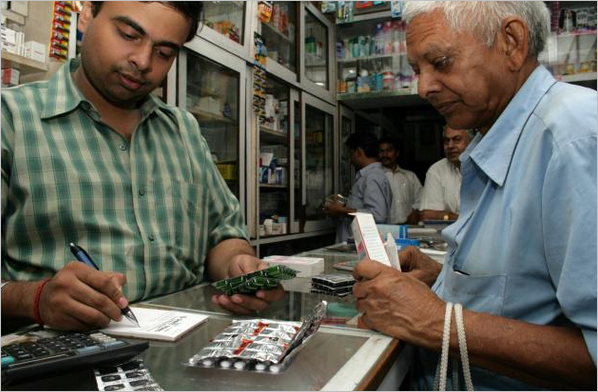 Concerned over the rising incidence of mislabelling of certain drugs as
Schedule H1, pharmacists across the country have urged the regulatory
body to urgently look into this matter to clear the confusion among the
stakeholders. It was observed by pharmacists that many pharma companies
have been wrongly labeling drugs under Schedule H1 category even though
they do not fall under the same, creating a lot of skepticism and extra
work for the pharmacists.
Concerned over the rising incidence of mislabelling of certain drugs as
Schedule H1, pharmacists across the country have urged the regulatory
body to urgently look into this matter to clear the confusion among the
stakeholders. It was observed by pharmacists that many pharma companies
have been wrongly labeling drugs under Schedule H1 category even though
they do not fall under the same, creating a lot of skepticism and extra
work for the pharmacists.Schedule H1 which was included in the Drugs & Cosmetics Act after amending the Act in 2013, came into effect from March 1, 2014 consists of a list of only 46 drugs. However, experts point out that there are more products in the market that are being sold under this category than necessary. This they feel needs to be investigated to find out the possibility of any swindling in this matter.
What makes the matter worse for the pharmacists is that under the law, the retailers who are doing manual billing are required to keep separate bill books or separate series of bill numbers, so that they can produce the records immediately when asked by the drug control officials. With such a long list of medicines it becomes tedious and cumbersome issue for many to keep a record of the drugs, especially when they are well aware that they do not fall under the category.



